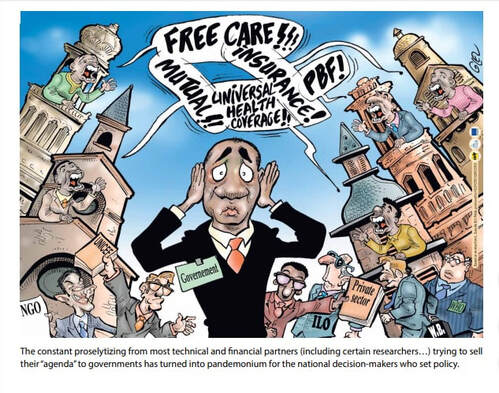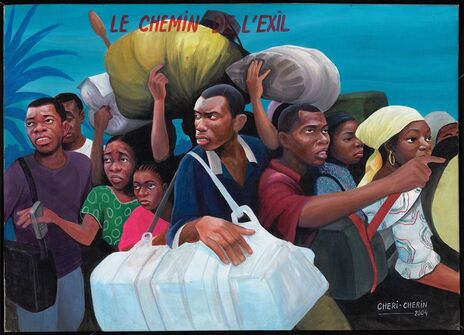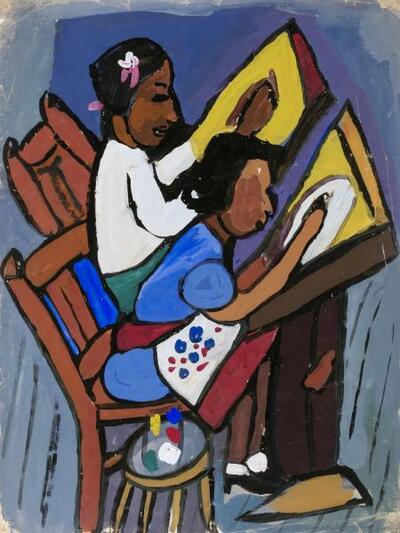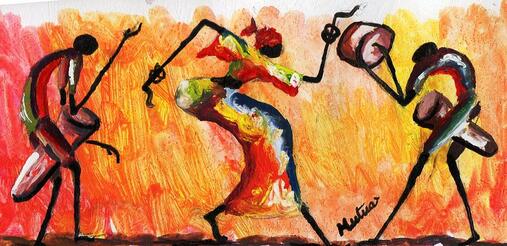 Ludovic Queuille and Valery Ridde, "Healthcare financing and access in West Africa Empirical and satirical!"
Ludovic Queuille and Valery Ridde, "Healthcare financing and access in West Africa Empirical and satirical!" An additional phenomenon, which was more worrying, was that when we asked some about their PhD aspirations, some of the applicants were not interested in pursuing their discipline. Some wanted to go into development and related fields, others into the more attractive degrees like communication. More disturbing among the literature aspirants was that some were not familiar with the latest fiction and other artistic output by Kenyans.




 RSS Feed
RSS Feed
